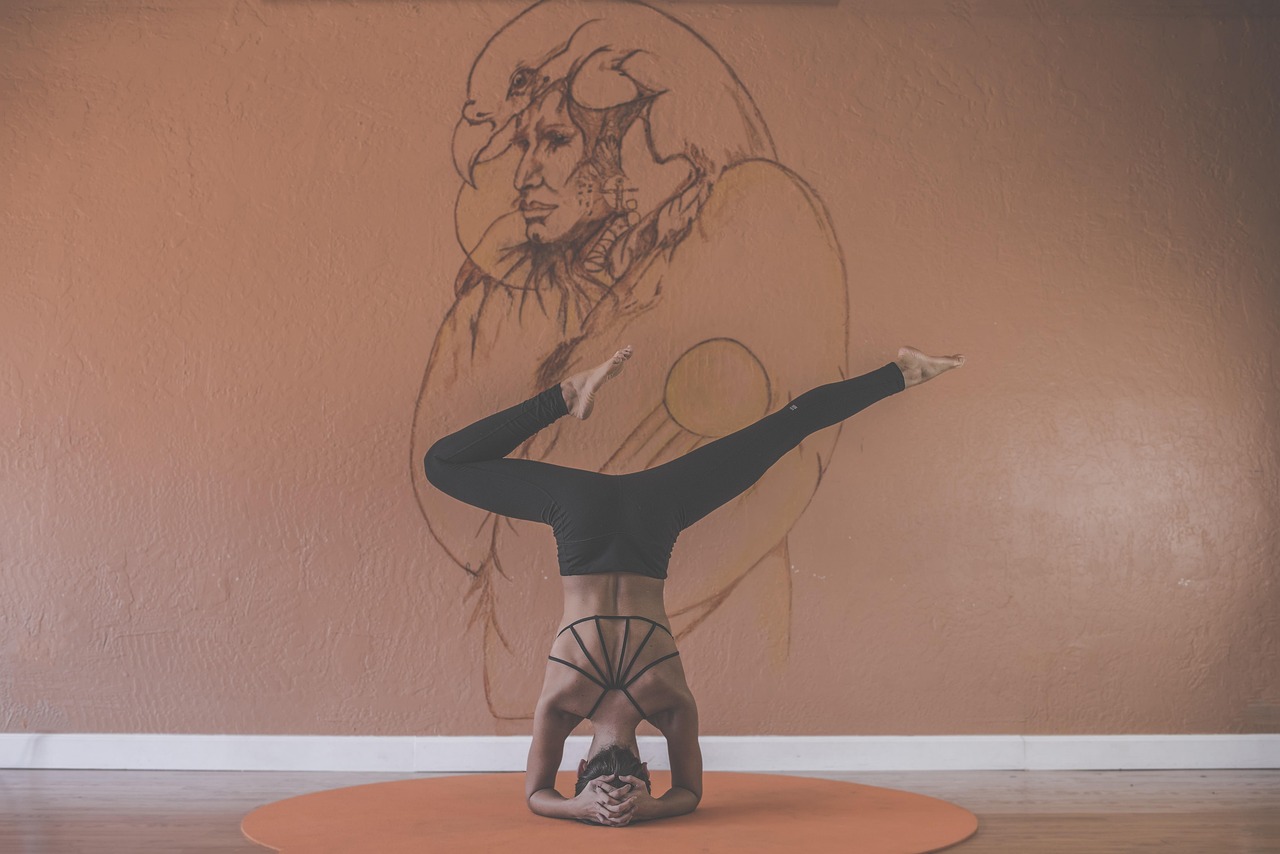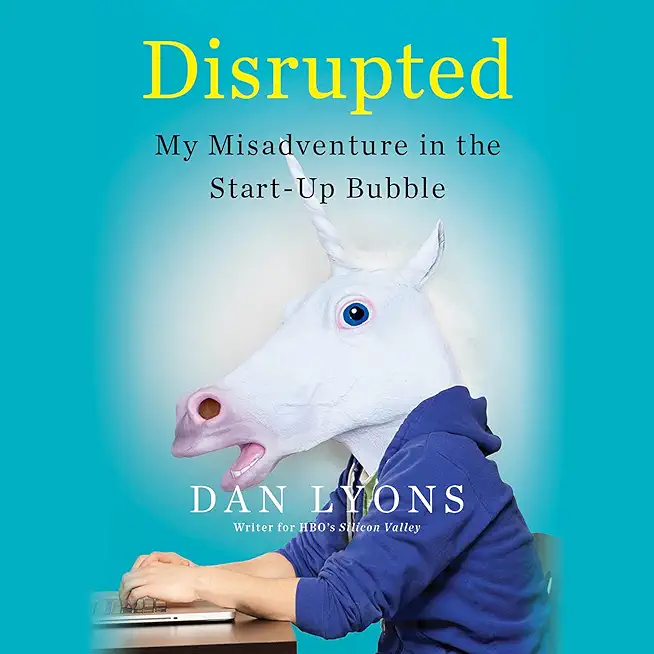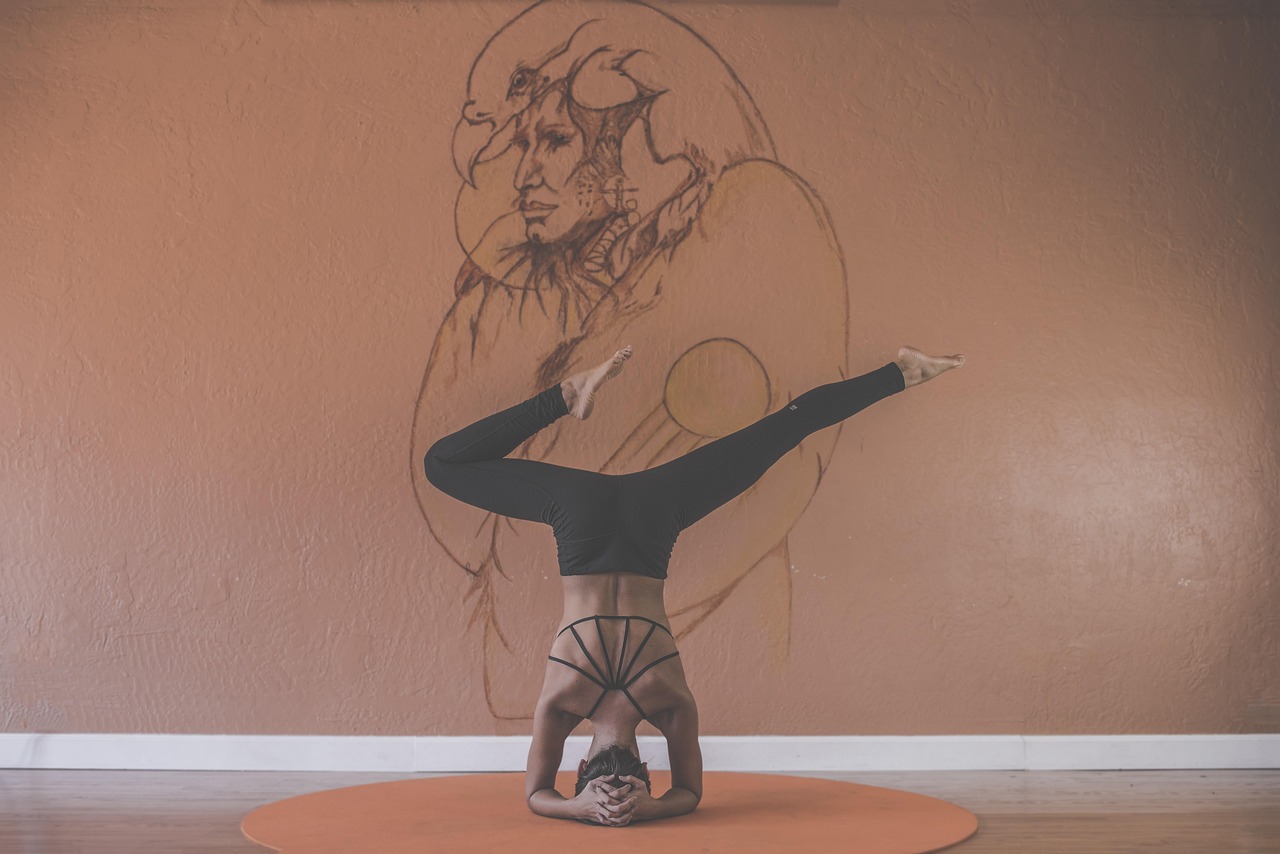
Honoring Larry Ward’s Legacy
The recent passing of Larry Ward, a beloved teacher in the Plum Village Tradition of Buddhism and a co-founder of The Lotus Institute, has left a remarkable void in the mindfulness and social justice communities. His teachings and practices resonated deeply, not just with practitioners of Buddhism but with anyone seeking a deeper connection to themselves and the world around them. Here’s a look at his life, teachings, and the simple yet profound practices that he championed. Larry, who passed away on August 19, was known for his warm presence and infectious laughter. He inspired countless individuals to explore the depths of their own humanity through mindfulness and meditation. He repeatedly emphasized the importance of grounding oneself in everyday moments, a theme he elaborated on in a meditation practice he shared with many. Rising early each morning and evening, Larry would step outside to listen to the symphony of nature—birdsong, the rustling of leaves, and even the distant sounds of city life. This practice wasn’t just about the sounds, though; it was about cultivating a relationship with the Earth, recognizing that we are part of a larger entity that includes both nature and humanity. In one of his meditations, he encouraged others to take just a few minutes each day to be present—just stop, listen, and absorb the world around them. “You may already take hikes, walks in the woods, or work in your garden, ” he suggested. “Bring a contemplative sensibility to it.” This practice was one he carried with him throughout his life, serving as a reminder of both the beauty and the fragility of our existence. And let’s talk about his significant contributions. Larry co-authored *Love’s Garden: A Guide to Mindful Relationships* with his wife, Dr. Peggy Rowe Ward, offering insights into building compassionate connections with others. His work in racial healing, illustrated in his book *America’s Racial Karma*, tackled the ongoing challenges of racial injustice and the collective trauma that continues to affect society. His approach was not just theoretical; he lived a life dedicated to non-violent social change and healing, motivated by the teachings of Dr. Martin Luther King Jr. Following King’s assassination in 1968, Larry’s passion for social justice ignited a lifelong commitment to promoting peace and understanding across cultural divides. The essence of Larry’s teachings was simple yet profound: mindfulness is not just an individual practice—it’s a collective responsibility. He believed that by nurturing our own inner peace, we could effect change in the world. He often encouraged people to step outside, connect with nature, and find solace in the small wonders of life. “The key in this practice is how we direct our attention, ” he remarked, highlighting that our attention can either nourish us or lead us astray. But his legacy doesn’t just end with his passing. Larry’s voice and teachings continue to inspire many. His call to embrace the sounds of the Earth and the beauty of the universe reminds us that life is fleeting, but what we do with that awareness can have lasting impacts. He lived his life fully in each moment, encouraging others to do the same, often with a smile that felt like a warm embrace. As we reflect on his teachings, it’s clear that Larry Ward was more than a Buddhist teacher; he was a beacon of hope, a catalyst for change, and a reminder that we are part of something much larger than ourselves. His life was a testament to the power of mindfulness, compassion, and community, urging us all to listen not just with our ears but with our hearts. So, what’s the takeaway here?
It’s about embedding mindfulness in our everyday lives, whether that’s through quiet morning reflections, listening to the sounds of nature, or engaging in conversations that matter. It’s about recognizing our interconnectedness and nurturing the relationships that feed our souls. Larry may no longer be with us in body, but his teachings will continue to guide us, encouraging us to explore the depths of our own existence and the beauty of our shared humanity. As we move forward, let’s carry his legacy by living mindfully and compassionately, for ourselves and for the world around us.




